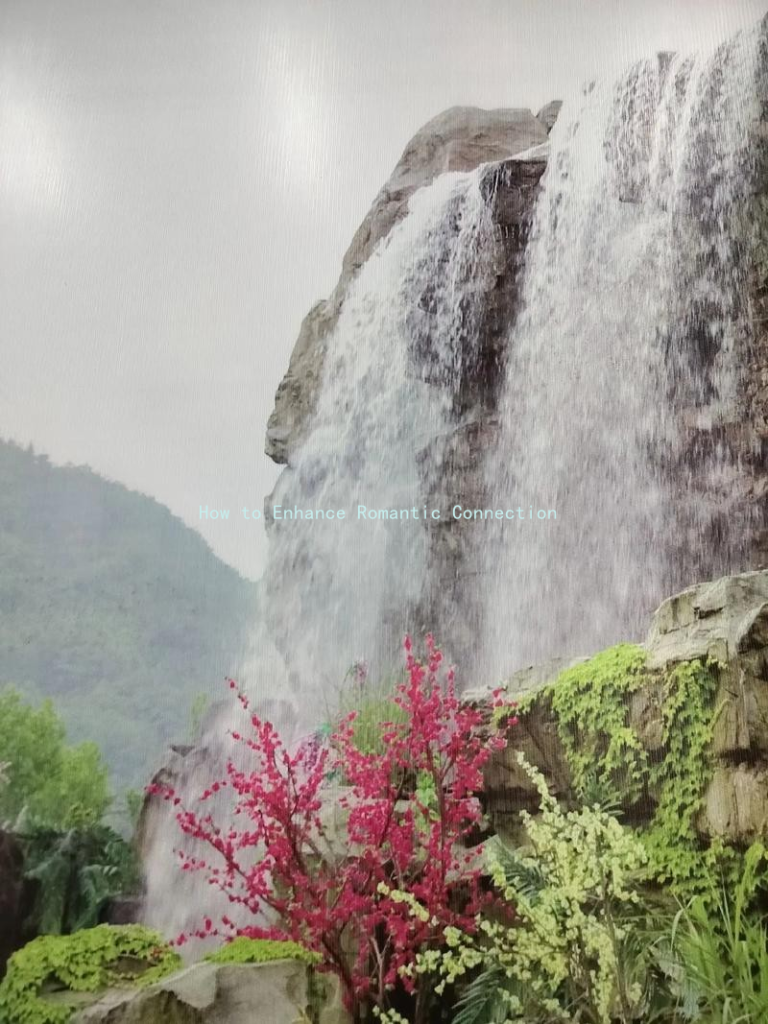Reflecting on Love: How 江雪 Inspires Deeper Connections
Reflecting on Love: How 江雪 Inspires Deeper Connections
In the landscape of modern relationships, communication and understanding play crucial roles in fostering deeper connections. Often, we find ourselves navigating the complexities of love and attraction with a set of skills that can sometimes feel inadequate. However, poetry has always been a source of profound insight, invoking emotions and prompting reflection. One such poem, “江雪” (River Snow) by the renowned Tang dynasty poet Liu Zongyuan, provides a beautiful exploration of solitude, longing, and connection that can inspire our approaches to love and relationships.
At first glance, 江雪 paints a vivid picture of a lonely traveler in a snowy landscape, emphasizing themes of solitude and introspection. The imagery evokes a deep sense of yearning, not just for companionship but for a connection that transcends the superficial. In our daily lives, it’s easy to become entangled in the busyness of modern existence, often leading to shallow interactions. However, the emotions captured in this poem remind us of the importance of slowing down and reflecting on our true feelings and desires.
To foster deeper connections in love, we can draw several lessons from 江雪.
Firstly, embrace vulnerability. The traveler in the poem is alone, yet the imagery evokes a strong emotion that resonates deeply with readers. By allowing ourselves to be vulnerable, we open the door for authenticity in our relationships. Sharing our fears, dreams, and uncertainties can deepen intimacy with our partners, allowing them to see us for who we truly are.

Secondly, cultivate empathy. The poem, though rooted in personal experience, connects with universal themes of loneliness and longing. By practicing empathy, we can better understand our partners feelings and experiences. When disagreements or misunderstandings arise, approaching the situation with compassion and an open heart can pave the way for resolution and growth.
Moreover, foster active listening. In 江雪, the silence of the snowy landscape speaks volumes. Likewise, in relationships, listening is more than just hearing words; it involves understanding emotions and intentions behind those words. Engaging in active listening requires us to be present—putting away distractions and truly absorbing our partners thoughts and feelings. This practice not only enriches our conversations but also strengthens our emotional bonds.
Lastly, reflect on shared experiences. The imagery of the snow-covered river suggests a moment of stillness, where ones surroundings spark introspection. Creating sacred moments in our relationships—whether through shared activities, travel, or simply quiet time together—allows for reflection and connection to flourish. These experiences become touchstones in our relationship, reminding us of our shared journey and reinforcing our commitment to one another.
In conclusion, the timeless wisdom encapsulated in “江雪” serves as a reminder that profound connections require more than just fondness or attraction; they necessitate vulnerability, empathy, active listening, and shared experiences. By incorporating these qualities into our interactions, we can reflect on love in a deeper, more meaningful way, ensuring that our relationships are not only enduring but also rich in emotional depth. Ultimately, it is through understanding and connection that we navigate the poignant journey of love, transforming fleeting moments into lasting bonds.





